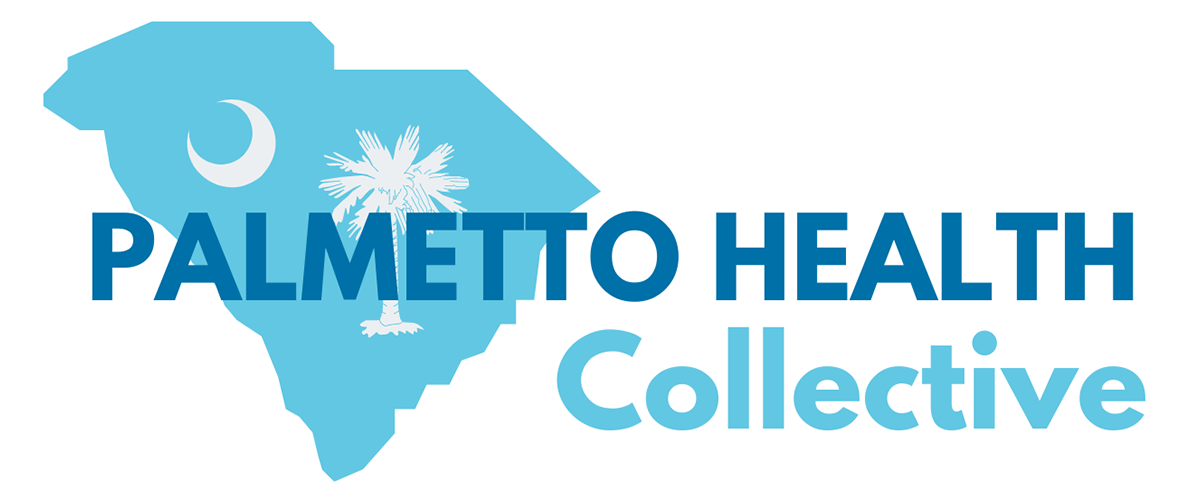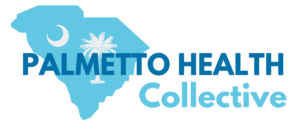2020 rule requiring copay assistance to count towards patient cost-sharing now stands.
WASHINGTON, DC – January 17, 2024 — Patient and provider groups were thrilled to learn the US Department of Health and Human Services (HHS) dropped its appeal this week challenging a US District Court ruling to make access to prescription drugs easier for people living with serious, chronic conditions. This move ensures that the 2020 rule on cost-sharing is in full effect, requiring insurers to count copay assistance towards patient cost-sharing. We now urge HHS to enforce this ruling and issue immediate instructions to issuers on how to comply.
In October, 86 patient-focused organizations from the All Copays Count Coalition (ACCC) sent a letter urging HHS and the Department of Labor (DOL) to drop its appeal and enforce a rule requiring insurers and pharmacy benefit managers (PBMs) to count copay assistance toward their enrollees’ annual deductible and total out-of-pocket costs. The letter followed a decision in a lawsuit brought by three patient groups and three patients challenging a provision of the 2021 Notice of Benefit and Payment Parameters (NBPP). The 2021 rule had reversed a 2020 rule requiring insurers and PBMs to count those payments for enrollees, with limited exceptions. The judge for the District Court ruled in favor of the patient groups on the grounds that HHS was not consistent in its definition of cost-sharing, leaving it to issuers to interpret.
“While serving a million people impacted by cancer each year, we, at the Cancer Support Community, have witnessed firsthand how copay accumulators can serve as barriers to affordable and life-saving treatments for cancer patients, said Sally Werner, Chief Executive Officer, of the Cancer Support Community. “We applaud the Administration’s decision as this action shows us that they understand how financial toxicity–high health care costs– adds to the stress and burden of receiving treatment especially for people living with cancer. CSC continues to be a strong champion for the passage of the bipartisan HELP Copays Act that would completely ban copay accumulator adjustment programs.”
In recent years, rising health insurance costs have made it increasingly difficult for patients to afford their out-of-pocket costs, and the proliferation of accumulator adjustment programs has made it even more difficult for many patients to access their medications.
“Since 2017, when health insurers began implementing what’s known as copay accumulator adjustment policies, it has become impossible for many patients living with chronic health conditions to afford their life saving medications,” said Nathan Schaefer, SVP of Public Policy and Access at NBDF. “That’s why this issue has been the top federal and state policy priority for the National Bleeding Disorders Foundation since then and why we urge the Biden Administration to swiftly enforce the 2020 NBPP requirements to count some patient assistance dollars towards patients’ out-of-pocket costs.”
“Far too many of the 1 million Americans living with multiple sclerosis are unable to afford life-changing medications to reduce the number of relapses, delay the progression of disability, and limit new disease activity. Patients need to be able to effectively leverage financial assistance available and we urge HHS to enforce this ruling by issuing guidance to insurers that protects patients access to their medications” – Bari Talente, EVP, Advocacy & Healthcare Access, National MS Society.
We know millions of patients are currently in health plans utilizing accumulator adjustment programs, so immediate enforcement of the 2020 NBPP rule on cost-sharing is critical. The All Copays Count Coalition members urge HHS to enforce the court’s decision, ensuring health plans comply with the 2020 NBPP without delay.
About the All Copays Count Coalition
The All Copays Count Coalition (ACCC) is comprised of members — including the Arthritis Foundation — serving the interests of beneficiaries with chronic and serious health conditions that rely on copay assistance in various forms to make medically necessary drug treatments affordable. The coalition provides information about the harmful effects of pricing schemes, known as “copay accumulators and maximizers,” on access to prescription drugs for people with chronic and serious health conditions.

